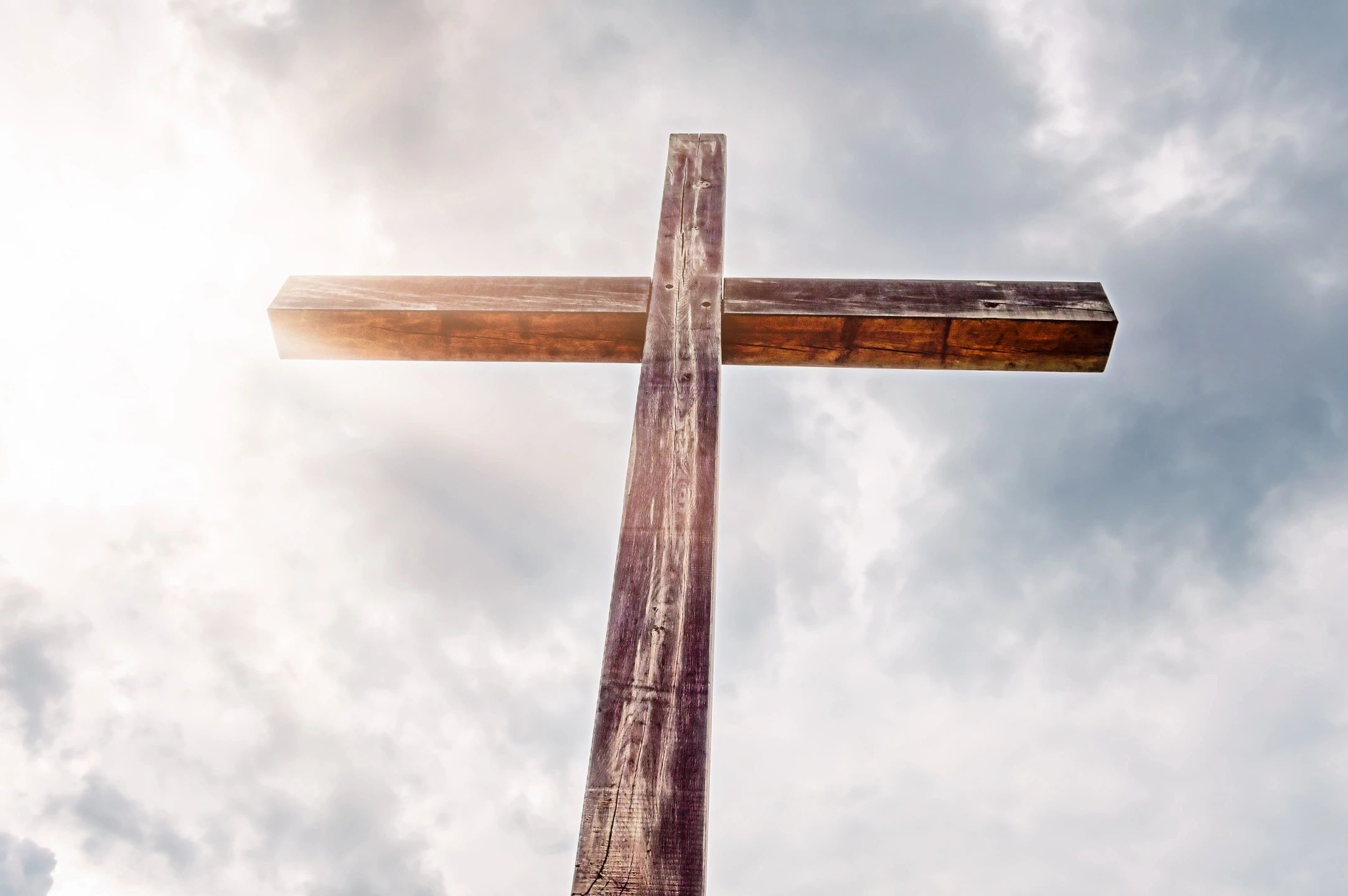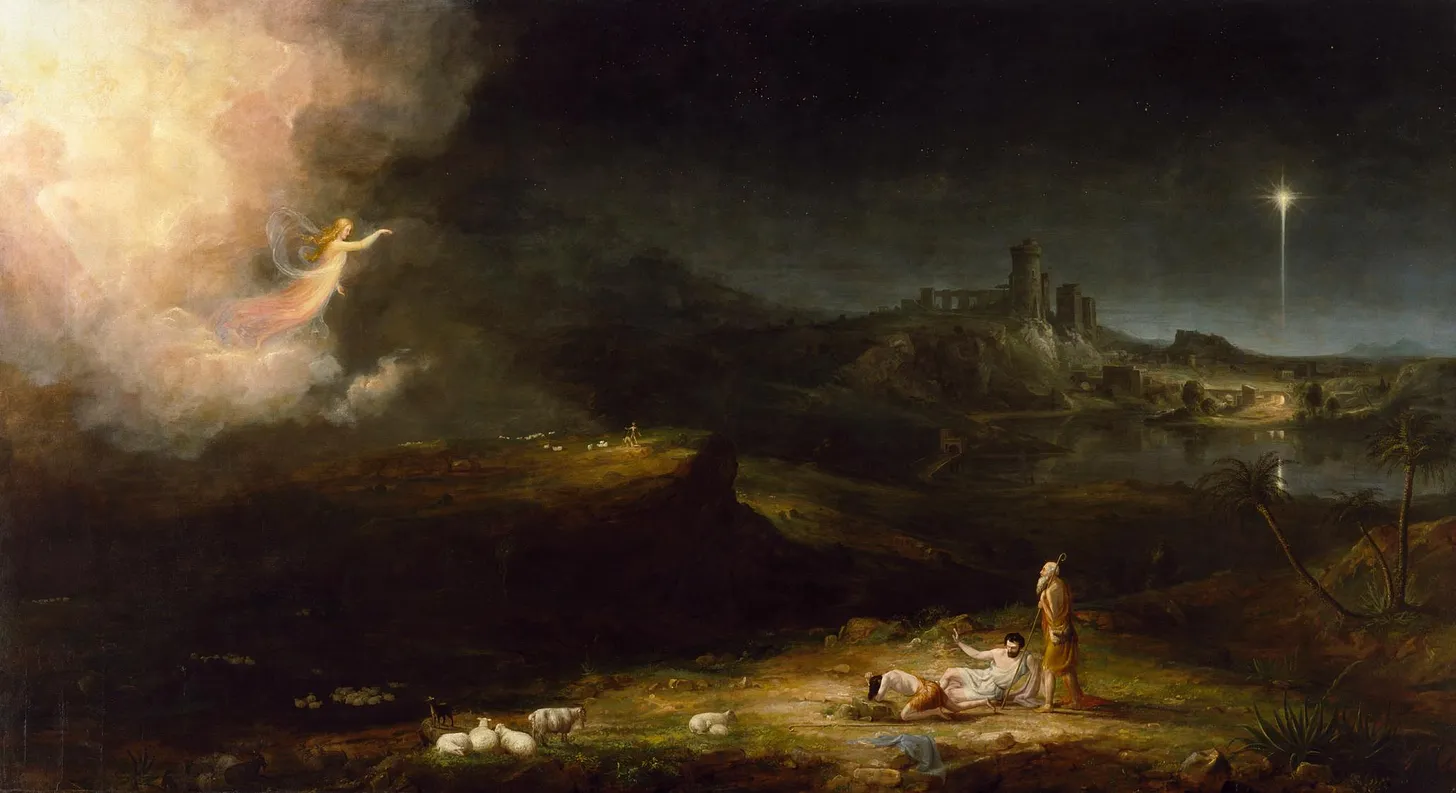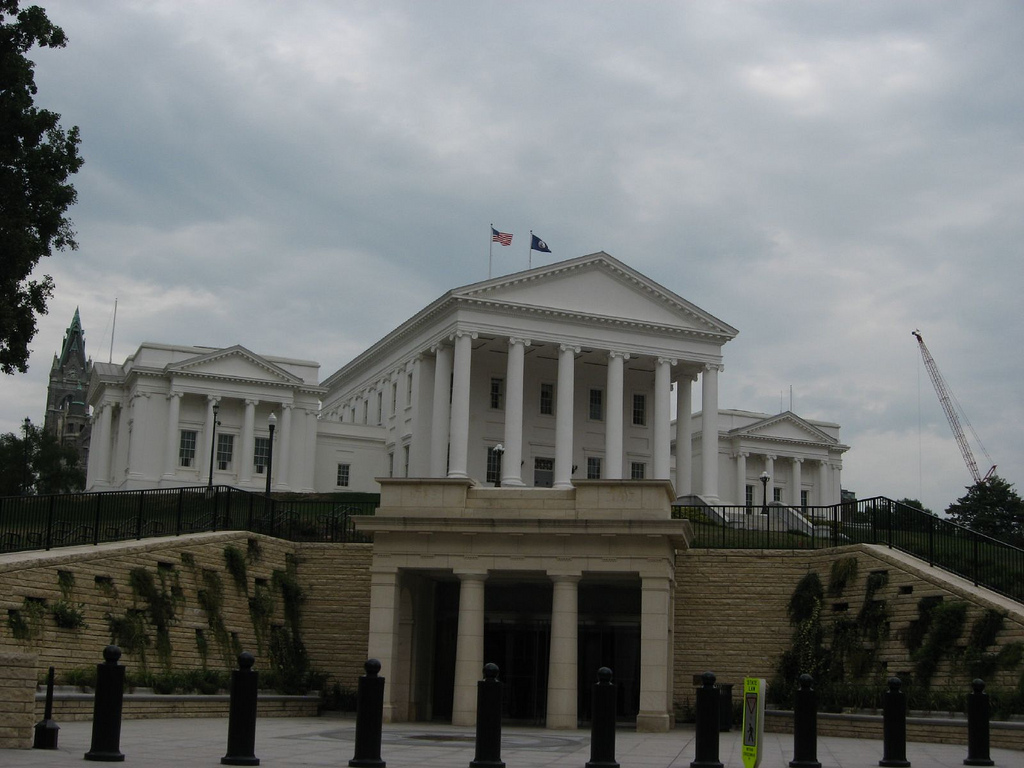Why do you seek the living among the dead?
Happy Easter everyone!
In line with my second post to everyone about Christmas, I wanted to spend some time this afternoon to reflect on the events of Holy Week, The Resurrection, and their implications.
Three months ago, I wrote to you about a newborn infant in the town of Bethlehem, who was God in human form (John 1 specifically states “In the beginning was the Word, and the Word was with God, and the Word was God. He was in the beginning with God. All things were made through him, and without him was not any thing made that was made. In him was life, and the life was the light of men. The light shines in the darkness, and the darkness has not overcome it.” v 1-5).
For 33 years, the infant Jesus grew into a boy, teenager, and adult. He left behind his place of Glory at the right hand of the Father and instead came to earth to feel our pain, resist our temptations, and succeed where no man or woman had ever before in the fulfillment of the law. When the fullness of time had come, Jesus entered Jerusalem with great celebration from the residents of the city who would turn on him just four days later.
Jesus had foretold his death to his disciples previously, but he again told them on Maundy Thursday, when he consecrated the Lord’s Supper (or communion for you liturgical/eucharistic types). Knowing what awaited him, he retired to the Garden of Gethsemane to pray, where he was betrayed by Judas Iscariot, delivered to Pontius Pilate, and sentenced to death at the request of the Sanhedrin.
“Like a Lamb to a slaughter, and like a sheep that before its shearers is silent, so he opened not his mouth” The words of Isaiah 53 accurately reflect the behavior of Jesus upon the pronouncement of his death sentence, voluntarily taking on the punishment that was not due to him for any sin or action taken. He was led to a hill called Golgotha, nailed to a Roman cross, and suffered a fate so painful it is where we get the word “excruciating” from.
As he hung between earth and sky after being scourged by whips, lacerated by a crown of thorns, and beaten with reeds, the very wrath of God was poured out upon him. As 2 Corinthians 5:21 states “For our sake he made him to be sin who knew no sin, so that in him we might become the righteousness of God.” The very son of God the Father, who dwelt in the flesh as a man, who lived a perfect life, voluntarily took on the righteous wrath of God for the sins of the world. After hours of agony and torment, once Jesus drank the cup of wrath to its last drop, he exclaimed “Tetelestai” meaning “It is finished” and then gave up his life.
I want to pause here to dispel a false doctrine I hear far too often. When we as Christians say Jesus died, we mean he literally died. He was not comatose, he was not asleep, and he was not in a trauma-induced coma. To dispel this, one needs to only look at the final act by the Roman soldiers before pulling him off the cross for burial: stabbing his now lifeless corpse through the ribs into the upper chest cavity with an infantry spear. Such a wound was sufficient to kill an enemy combatant who was previously uninjured, needless to say, one that was unable to breathe, and suffering from massive blood loss. The Cross of Christ was a gruesome affair, but it was the price due to a righteous and holy God for sin. Now back to the story.
Pilate approved the removal of Jesus’ body from the cross and burial in a tomb owned by one Joseph of Arimathea, with Roman guards posted outside to deter thieves at the request of the Sanhedrin. For three days, the tomb lay quiet, holding a lifeless body awaiting preparation for final burial.
Then Sunday came.
Early in the morning, Mary Magdalene and Mary the mother of James went to the tomb to prepare the body of Jesus for burial. When they arrived, the Guards were gone, and the tomb was empty. Distressed, they immediately worried about what had happened, until two men asked them “Why do you seek the living among the dead? He is not here, but has risen.” The two women immediately rounded up the 11 disciples and informed them of the news. There was disbelief and concern, and a few of the disciples decided to check the tomb for themselves. It was still empty.
Later that day, Jesus appeared to the Disciples, resurrected from the dead, and seen by “a crowd of over 500 (1 Cor. 15:6)”. He continued speaking with his disciples, until the day of the ascension. As He rose into the Heavens with the words “Go therefore and make disciples of all nations, baptizing them in the name of the Father and of the Son and of the Holy Spirit, teaching them to observe all that I have commanded you. And behold, I am with you always, to the end of the age. (Mat. 28:19-20)”, the earthly account of the life, death, and resurrection comes to a close.
Through these events, we learn some incredible things:
- The debt of our sins has been paid in full. Jesus took on the wrath due to you and I for every sin we have ever committed, to repair the rift between man and God.
- We can know this to be true, because nobody has the power to give up their life and take it back on their own, except the omnipotent God.
- Through his death, burial, and resurrection, we as Christians gain entrance into the Kingdom of Heaven, allowing us immeasurable joy and unshakeable peace.
- By defeating death, Hell, and the grave, Jesus now empowers us to ask in earnest “O death, where is your victory? O death, where is your sting?” We as Christians will never taste death in the way we would have apart from the sacrifice of Christ. With his sacrifice, the victory is won, and paradise awaits.
As you go about enjoying the closing hours of the weekend, I encourage you to spend some time meditating on the scriptures surrounding the resurrection (1 Cor 15 is a good place to start), and thank God for the joy found in Easter.
Even now, Christ our king still lives, reigning eternal and omnipotent at the right hand of the Father. Soon he will return to judge the living and the dead, and reign eternal over earth in unity with his people. Until then, I encourage you to keep fighting for the faith and building the kingdom.
In closing, I will leave you with the final line from one of my favorite songs right now: “The King is Alive” by American Arson: The King is alive, The King is alive. Long live the King!
In glorious and eternal victory through Christ Jesus our King,
Steven Statzer,
YRFV Chaplain
This article initially appeared in A Common(wealth) Faith! Subscribe for free to receive new posts. If you would like to connect with author Steven Statzer, connect with him on social media here: https://linktr.ee/





